Acute food insecurity to persist: NGOs
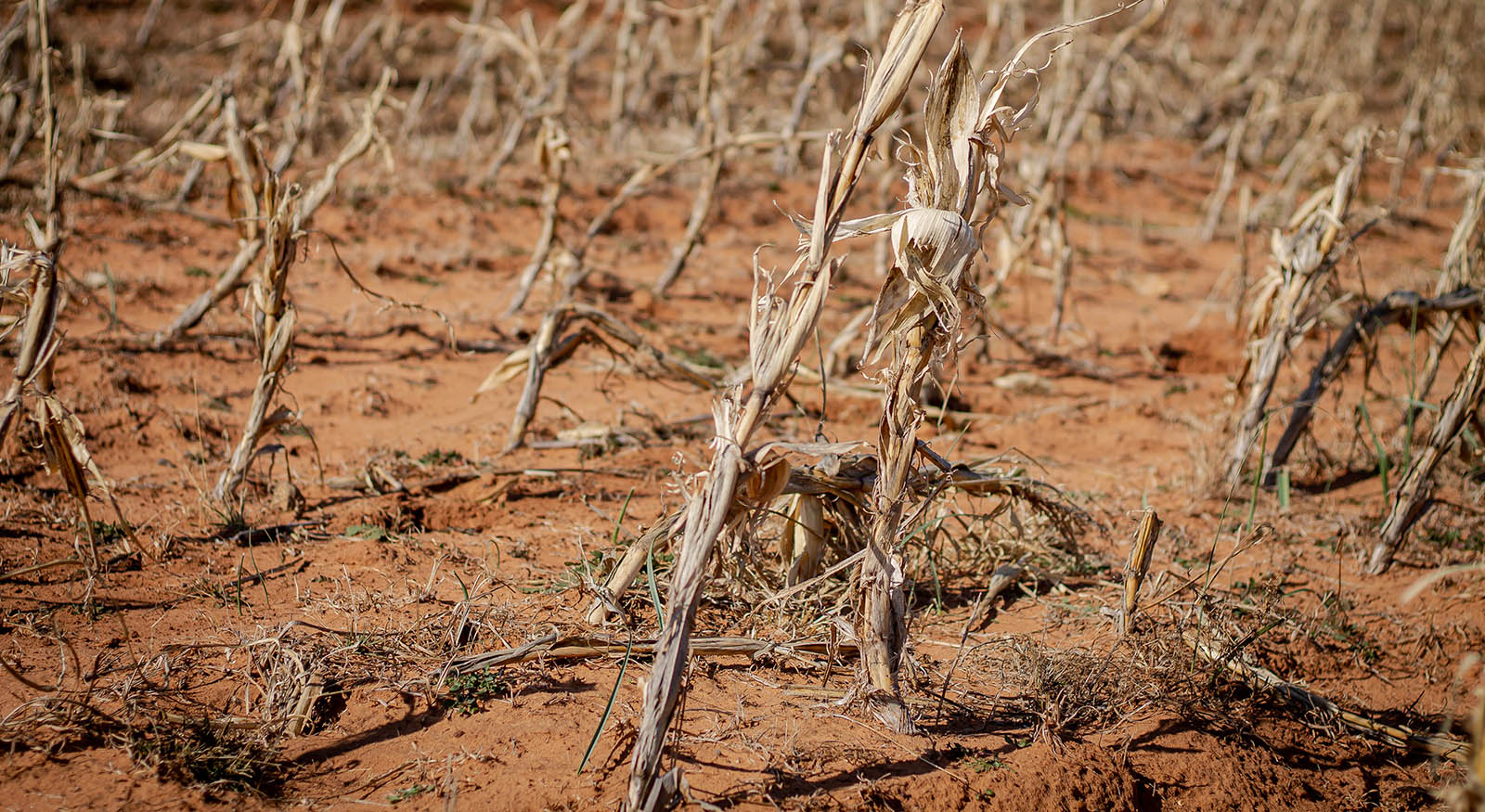
SHARE THIS PAGE!
Levels of acute food insecurity are likely to persist in Lesotho between October 2024 and March 2025, particularly in the south, southwest, and some eastern parts of the country, the Early Warning Systems Network (FEWS NET) has said.
The organisation noted that Mafeteng, Maseru, Mohale’s Hoek, and Quthing districts are projected to be the worst-affected.
In its latest update released this week, FEWS NET said that between 250,000 and 500,000 people are likely to need food assistance by March 2025.
The cash-strapped government says humanitarian assistance is urgently required to prevent acute malnutrition, reduce food gaps, and restore livelihoods. An estimated M18 million is required to curb food insecurity in the country in 2025.
FEWS NET further observed that climatic shocks, diseases, and socioeconomic conditions are responsible for continuing to drive high levels of acute food insecurity.
“In particular, El Niño- induced conditions – including erratic rainfall patterns and prolonged dry spells -during the 2023/2024 rainy season resulted in the lowest crop yields since the 2018/2019 agricultural season, increasing reliance on markets and prompting households to deplete their food stocks atypically early,” it said.
It further showed that drought conditions had also reduced water levels in reservoirs and rivers and resulted in widespread livestock losses as of October.
FEWS NET pointed out that below-average incomes and high prices due to low crop production continue to limit food access and restrict household purchasing power, particularly in rural areas. The organisation provides early warnings and analyses on acute food insecurity around the world.
According to the World Food Programme (WFP), Lesotho faces a triple burden of malnutrition – undernutrition, overnutrition and micronutrient deficiencies.
It says nearly half of the population live below the food-poverty line, with over 80 percent of the poor in rural areas.
One third of the population experiences acute food insecurity and needs humanitarian assistance, it shows.
Poor households lack resilience against economic shocks, have no savings or access to credit, and are trapped in a cycle of low investment, productivity and income, it revealed.
WFP focuses on enhancing climate-resilient food systems, human capital development, social protection, and emergency preparedness and response, with a focus on women, young people, and other vulnerable groups.
In response to El Niño-induced drought conditions and increased food needs, USAID’s Bureau for Humanitarian Assistance (USAID/BHA) supports non-governmental organisation World Vision to provide unconditional food assistance through cash-based transfers to vulnerable individuals across nine community councils in Mafeteng, Mohale’s Hoek, and Quthing.
“Cash based transfers increase households’ access to local markets, supporting the local economy and improving food outcomes for drought-affected population,” USAID/BHA says.
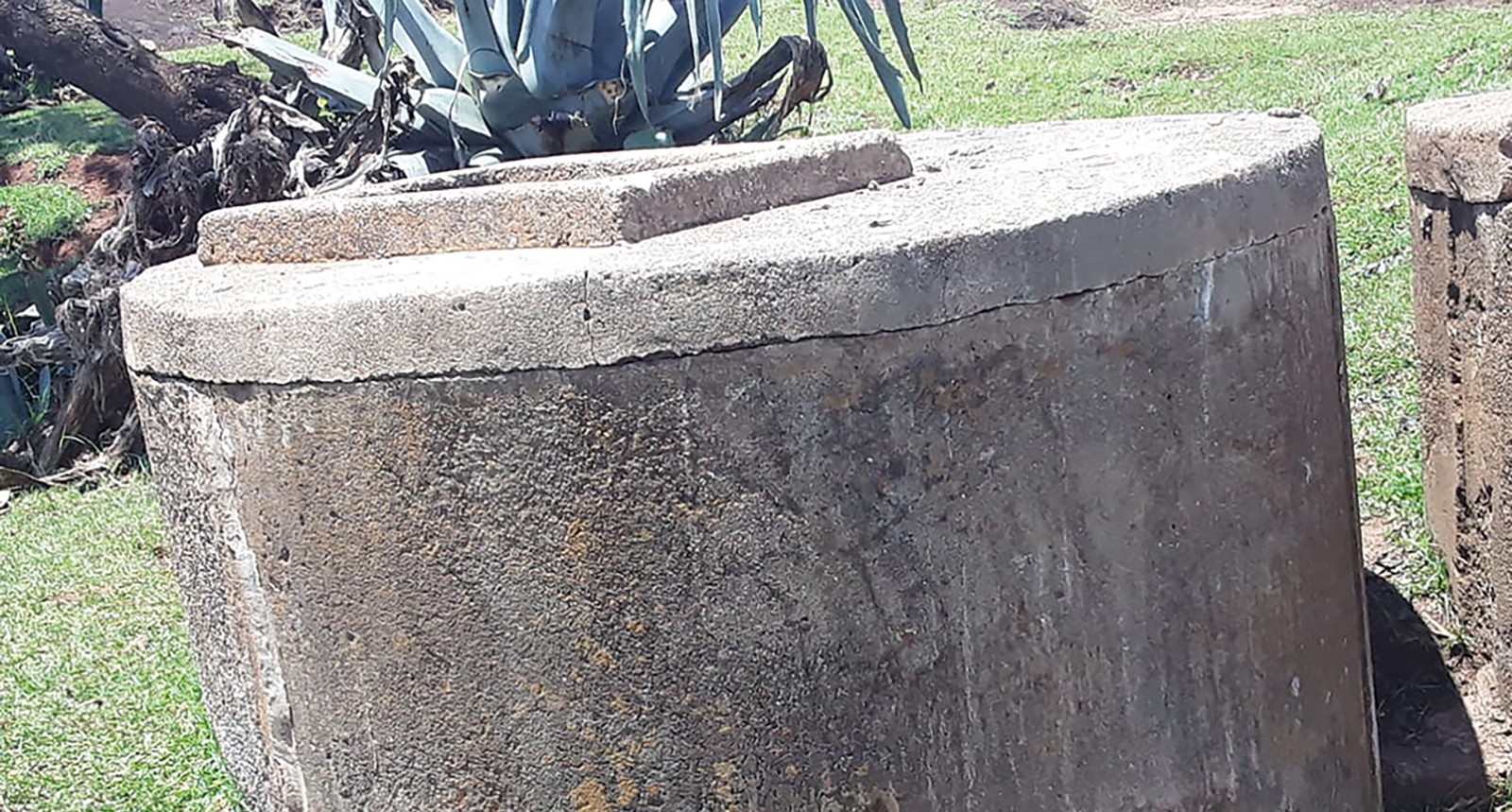
WASCO unveils new water pipeline
2 days ago
Xmas is here, be wary of rotten food!
3 days ago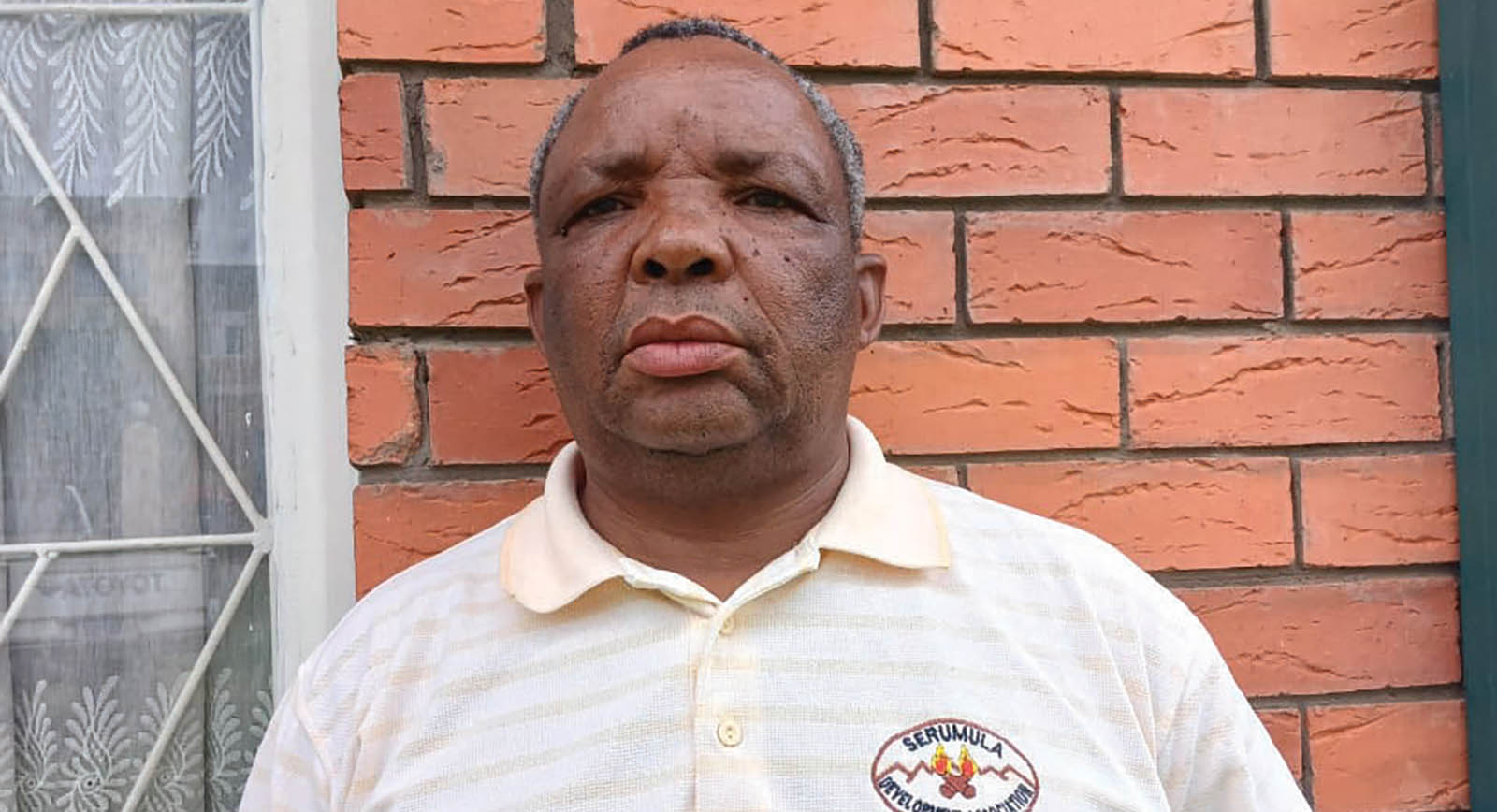
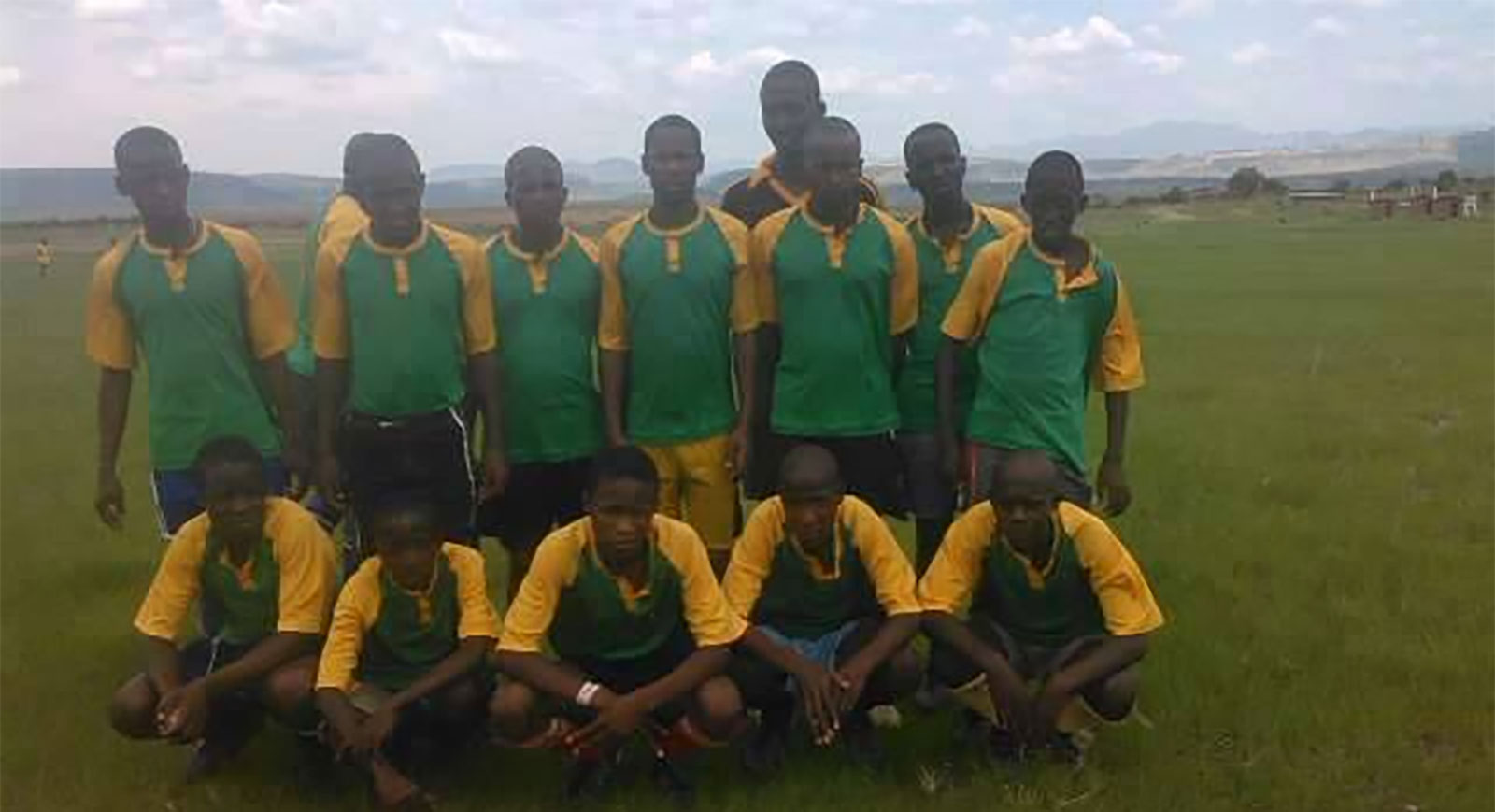
Matala MP launches soccer tourney
3 days ago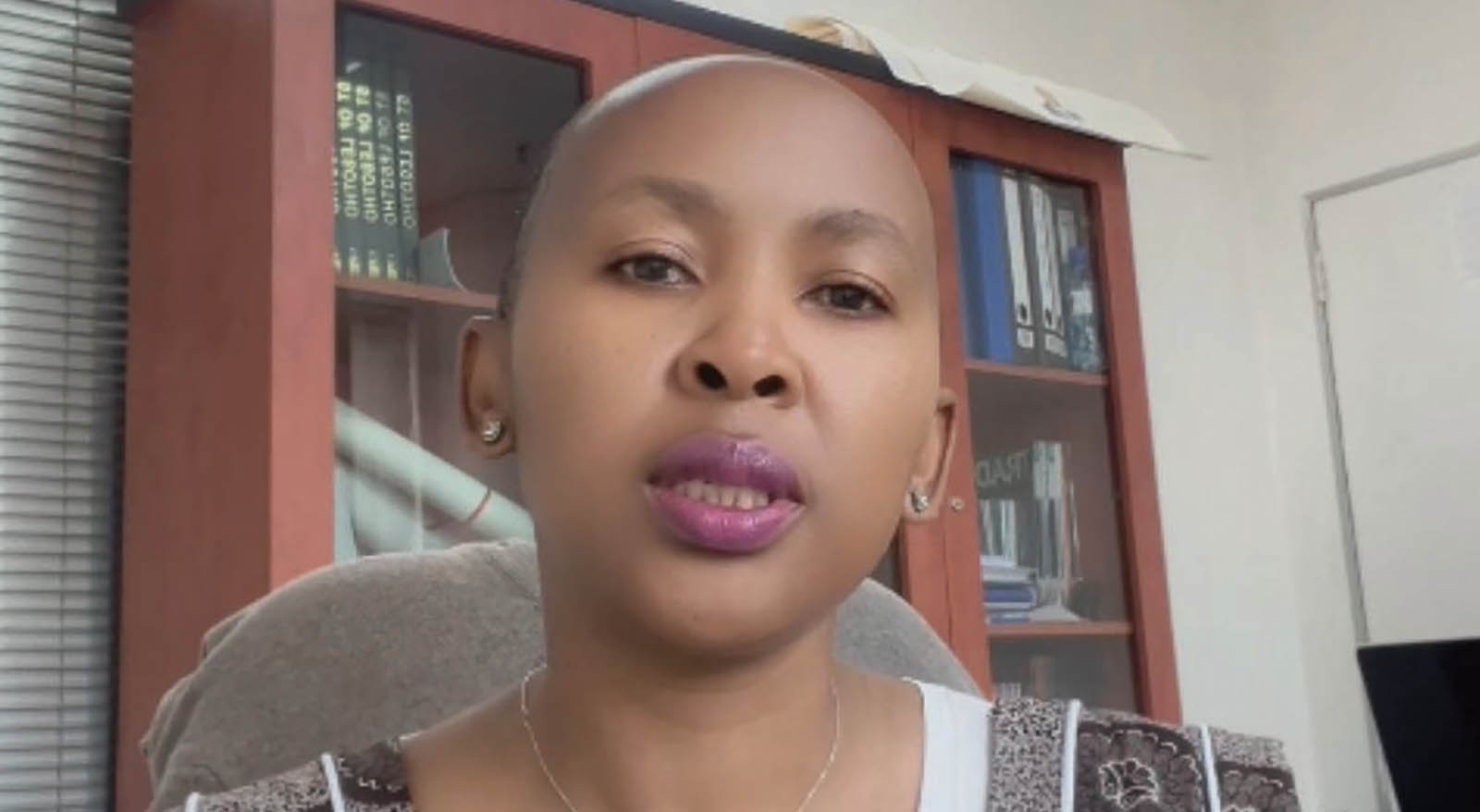
Lesotho pushes for AGOA extension
8 days ago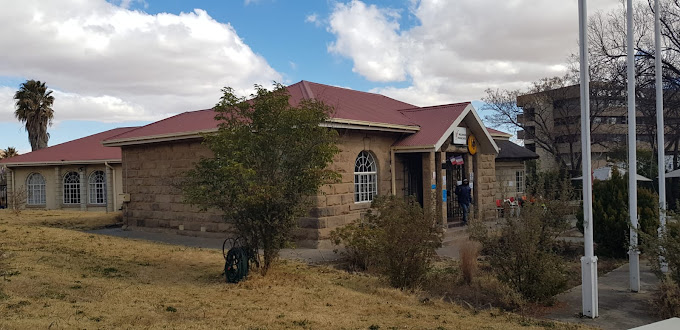

Setilo envisions growth in lintel business
9 days ago
Vodacom All White Fashion Festival a success
10 days ago
Sea to the table delights await
10 days ago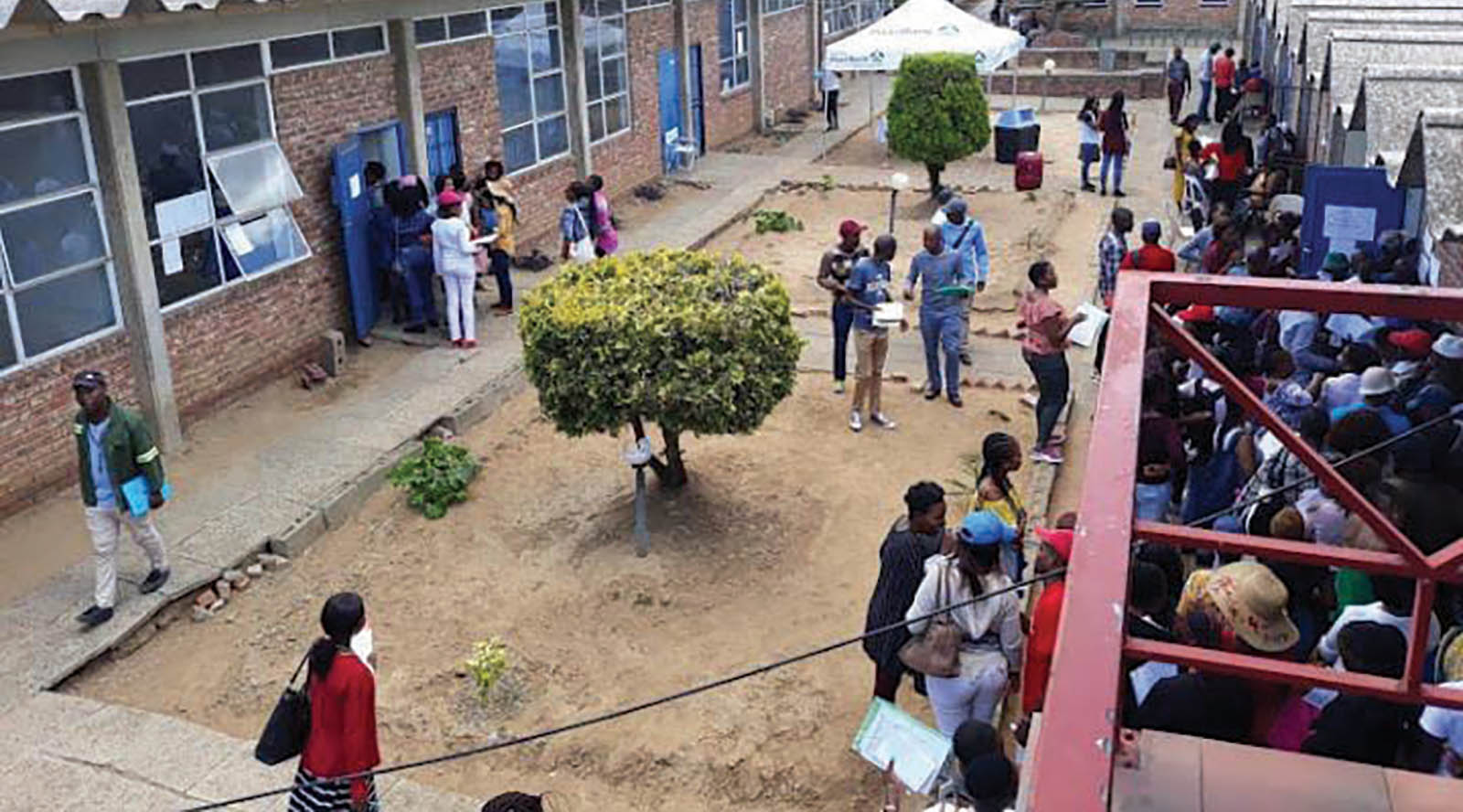
Students plead for govt leniency
10 days ago